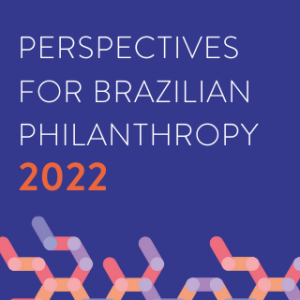Around the world, a record 4.3 billion people helped someone they didn’t know, volunteered their time, or donated money to a good cause in the previous month, according to the World Giving Index 2024. Indonesia, Kenya, and Singapore lead the ranking.
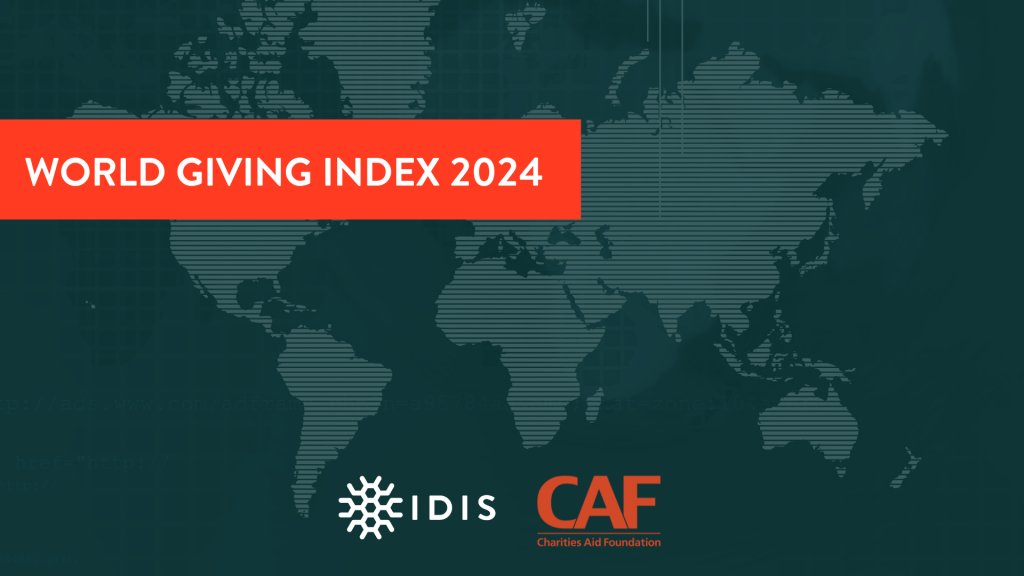
The world’s most generous country is Indonesia for the seventh year in a row, where 90% of the population donated money to social organizations and 65% volunteered their time. Kenya is the second most generous country, rising from third last year. Singapore has risen 19 positions into third place, increasing its overall index score from 49% to 61%. Singapore’s positive results are a result of recent government initiatives to strengthen philanthropy and volunteering.
To Neil Heslop OBE, Chief Executive at Charities Aid Foundation, “The generosity of people around the world is evident in CAF’s latest World Giving Index, with the global index score at its joint highest level, only previously matched during the pandemic. The research demonstrates how people from all continents and cultures remain ready to help those in need, during a year of continued economic and humanitarian challenges.”
Brazil climbed three positions compared to the previous year and now ranks 86th. The three indicators remained stable, with a slight improvement of 3 percentage points in money donated to civil society organizations. Helping a stranger is still the predominant behavior, practiced by 65% of respondents. The survey carried out between September and November of 2023, does not capture the donations made due to the climate tragedy in Rio Grande do Sul. Although Brazil has ranked higher in previous years, this was the second-best score – 38%. The highest ranking happened in 2021, still under the effects of the pandemic, when generosity was high and forms of participation, whether through donations or volunteering, were more evident.
According to Paula Fabiani, CEO of IDIS, “The stability of giving culture in Brazil is not surprising, but it’s interesting to see how public policies designed to promote philanthropy, such as tax incentives, individual donations matching, and benefits to the practice of corporate volunteering, have had positive effects in Singapore and can be an example for us.”
The World Giving Index is one of the largest surveys on giving ever produced, with millions of people interviewed worldwide since 2009. This edition includes data from 142 countries, in which people were asked if they had engaged in three types of actions in the past month: helping a stranger, donating money to a charity, or volunteering. This is an initiative of the British organization Charities Aid Foundation (CAF), represented in Brazil by IDIS – Institute for the Development of Social Investment.
The CAF World Giving Index 2024 also reveals:
-> The top 10 ranking countries only include two of the world’s biggest economies (Indonesia and the United States of America), while one of the world’s poorest countries – The Gambia – ranks 4th place.
-> Morocco saw the world’s largest year-on-year increase in donating money, with interviews conducted after the devastating earthquakes that hit the central part of the country in September 2023. Only two percent of people donated money to charities in 2022, but this rose to 18% last year, and volunteering rates doubled from 8% to 16%.
-> Greece is this year’s biggest riser, having consistently improved its ranking since 2013. It has a particularly high score for helping a stranger – significantly above the European average and particularly high among young people.
-> In the last decade, Ukraine, Indonesia, Chad, Russia, and China are the countries that most improved, each having recorded an increase of 25 points or more.
The top 10 giving countries of CAF World Giving Index 2024:
- Indonesia
- Kenya
- Singapore
- The Gambia
- Nigeria
- United States of America
- Ukraine
- Australia
- United Arab Emirates
- Malta
Download the report
World Giving Index 2024



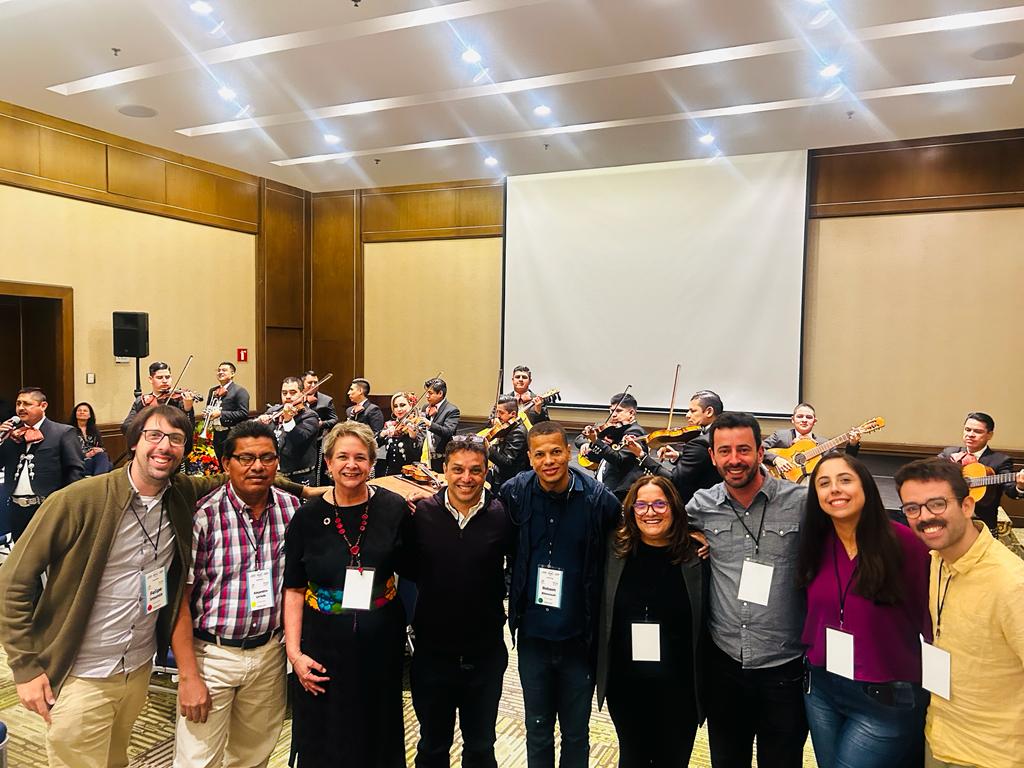 To discuss the different contexts, opportunities, and challenges of community philanthropy in the Americas, 119 guests from ten countries in South, Central, Caribbean and North America met in February in Guadalajara, Mexico. The Brazilian delegation included Felipe Groba, IDIS project manager, and six other representatives of Brazilian Community Institutes, all participants of the
To discuss the different contexts, opportunities, and challenges of community philanthropy in the Americas, 119 guests from ten countries in South, Central, Caribbean and North America met in February in Guadalajara, Mexico. The Brazilian delegation included Felipe Groba, IDIS project manager, and six other representatives of Brazilian Community Institutes, all participants of the 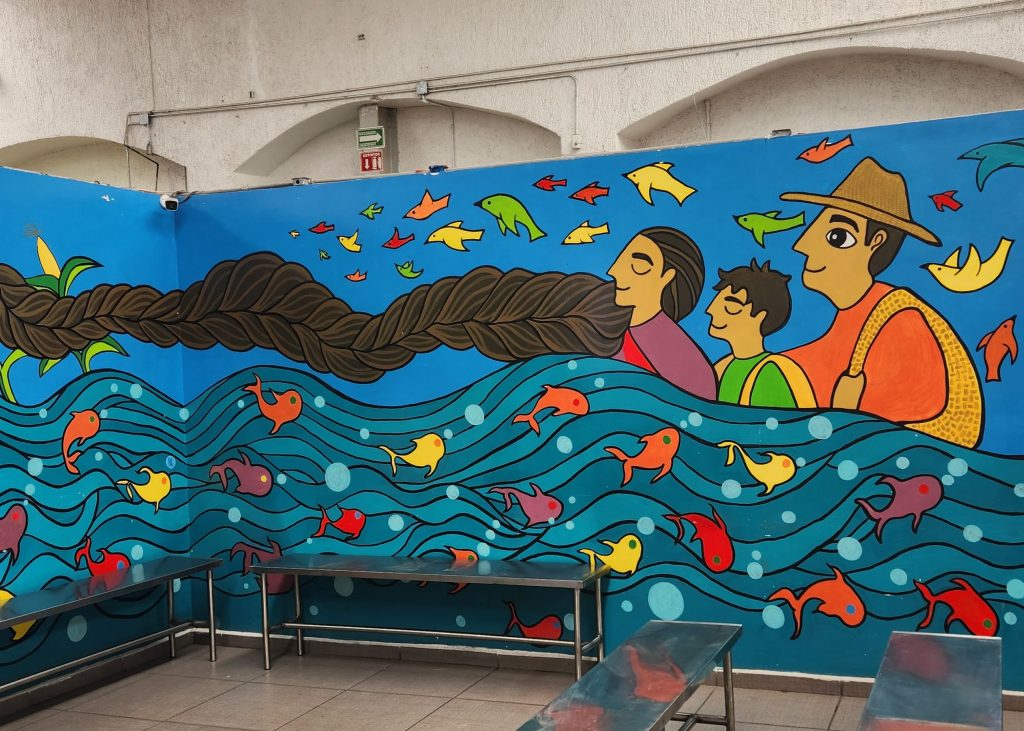
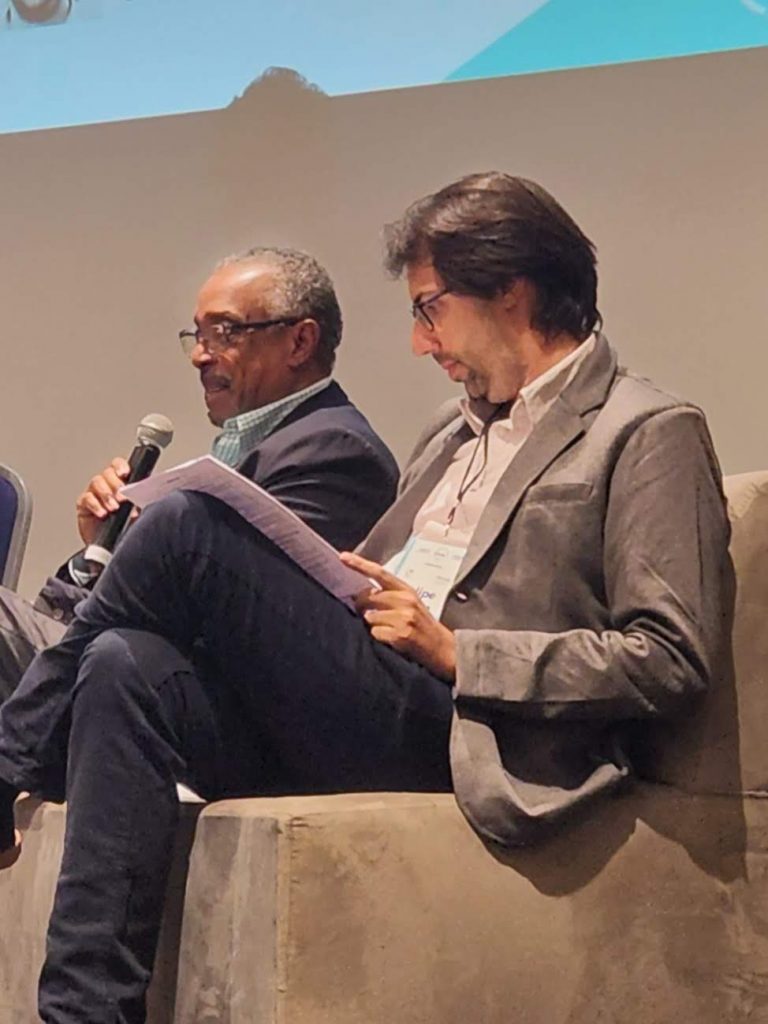 The theme of trust in civil society organizations (CSOs) and their role in expressing the plurality of voices in a territory permeated all discussions. Panelists and event participants reported successful cases of North American grantmaking foundations that have increasingly adopted the donation of free resources – free of charge and without restriction to projects – as a basis for its financial contributions, recognizing the excellence and expertise of social leaders in managing their organizations and allocating resources in order to generate more impact in the long term.
The theme of trust in civil society organizations (CSOs) and their role in expressing the plurality of voices in a territory permeated all discussions. Panelists and event participants reported successful cases of North American grantmaking foundations that have increasingly adopted the donation of free resources – free of charge and without restriction to projects – as a basis for its financial contributions, recognizing the excellence and expertise of social leaders in managing their organizations and allocating resources in order to generate more impact in the long term. Transforming Territories, an initiative by IDIS – Institute for the Development of Social Investment – with the Charles Stewart Mott Foundation to encourage the creation and strengthening of Community Institutes and Foundations in Brazil.
Transforming Territories, an initiative by IDIS – Institute for the Development of Social Investment – with the Charles Stewart Mott Foundation to encourage the creation and strengthening of Community Institutes and Foundations in Brazil.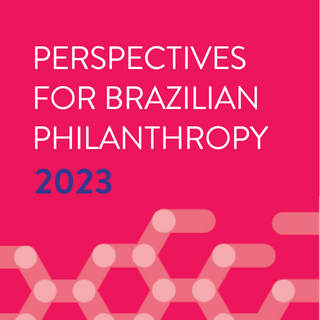

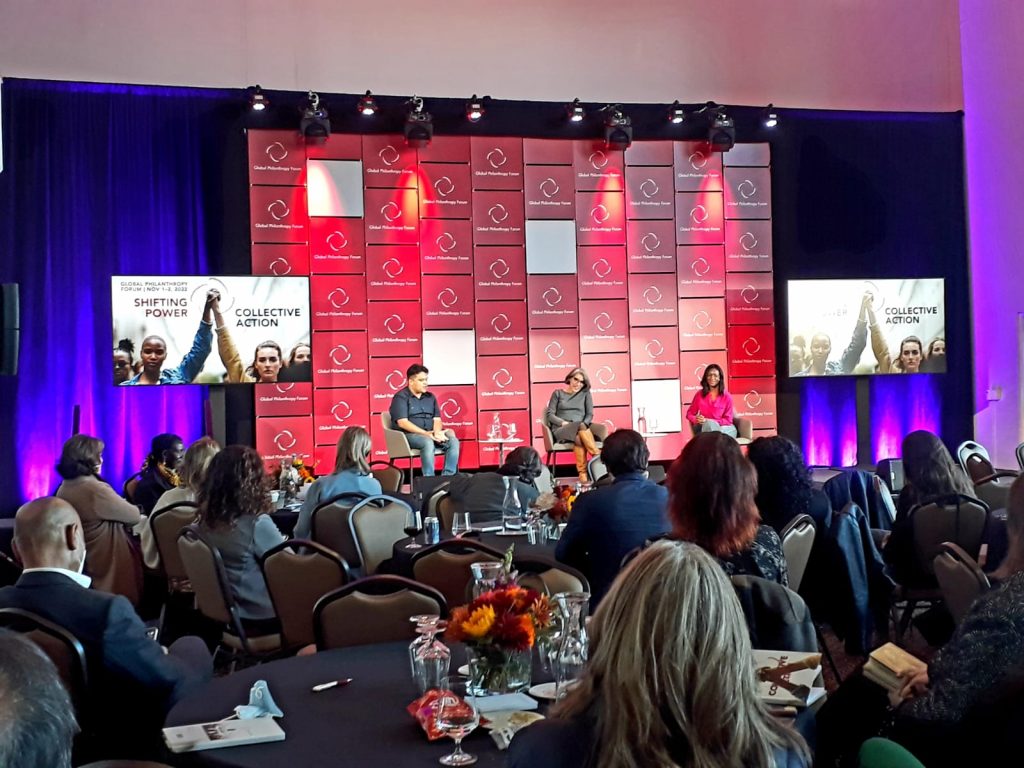

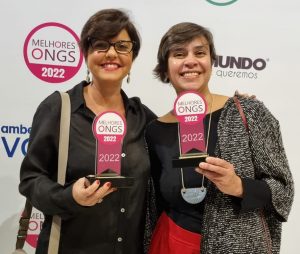 “Receiving these awards makes me very emotional and fulfilled! We made many investments in people, processes and tools to strengthen our projects, and ending the year with this recognition reinforces that we are on the right path”, says Paula Fabiani, CEO of IDIS. “This is the result of the dedication of our team and council, in addition to the trust placed by our partners”, she adds.
“Receiving these awards makes me very emotional and fulfilled! We made many investments in people, processes and tools to strengthen our projects, and ending the year with this recognition reinforces that we are on the right path”, says Paula Fabiani, CEO of IDIS. “This is the result of the dedication of our team and council, in addition to the trust placed by our partners”, she adds.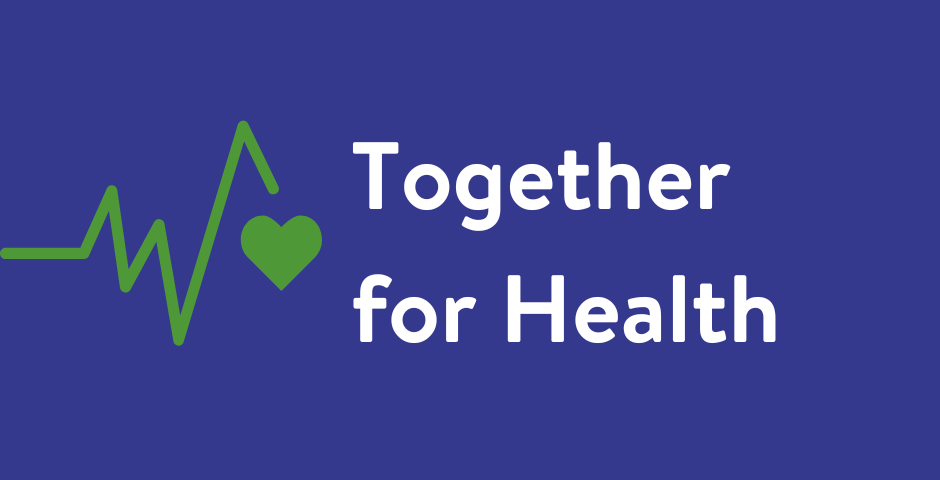
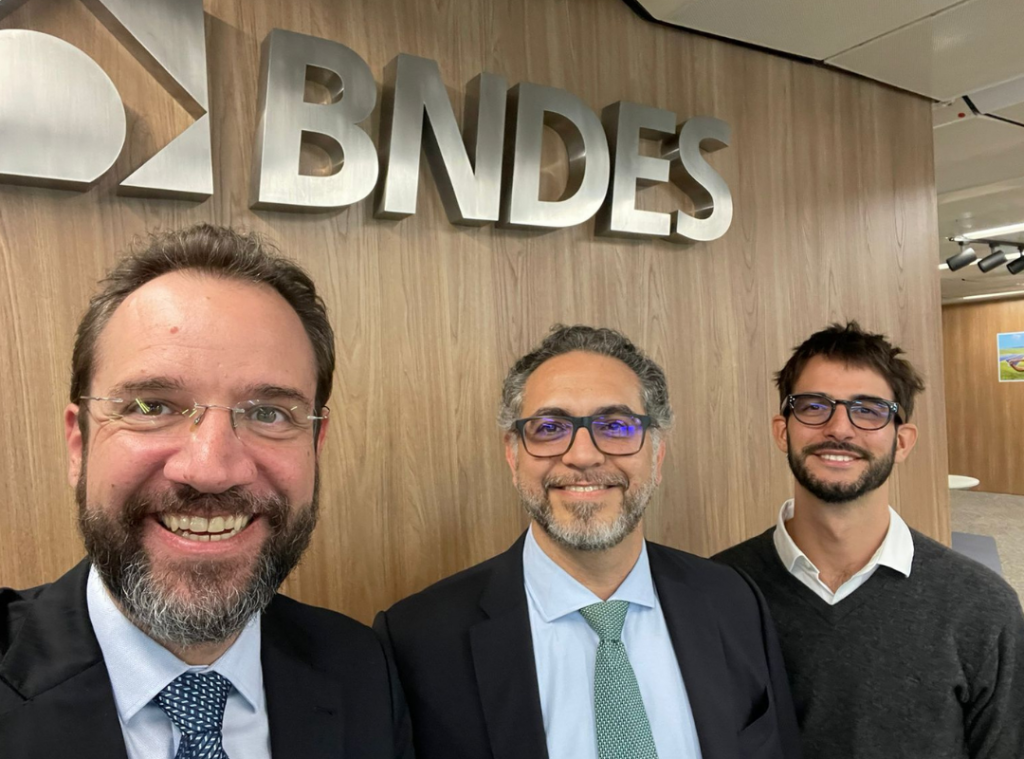
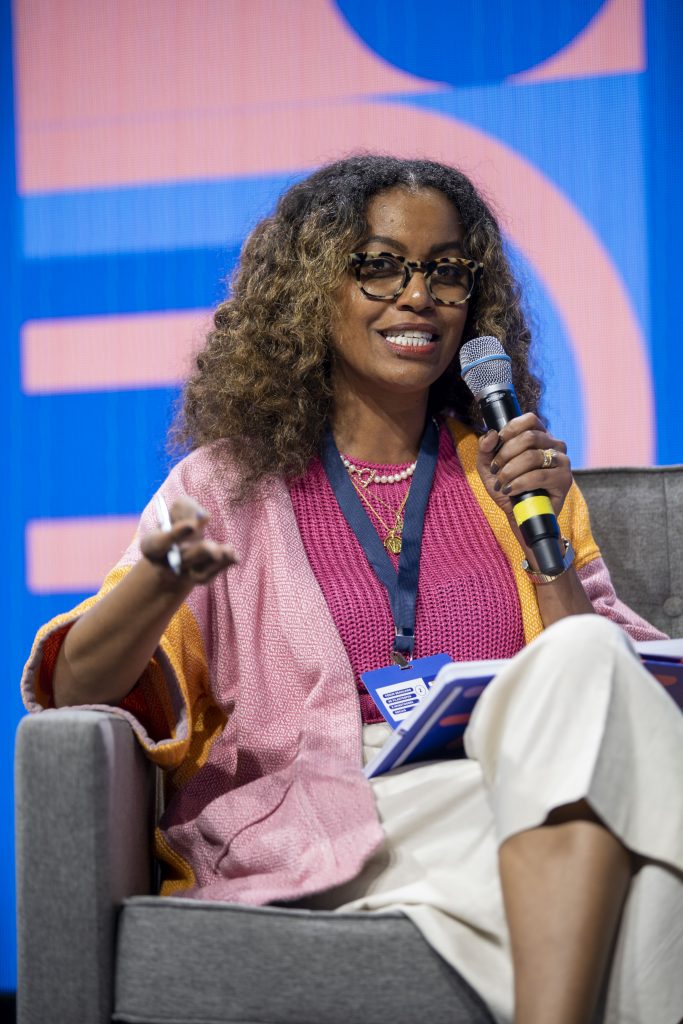
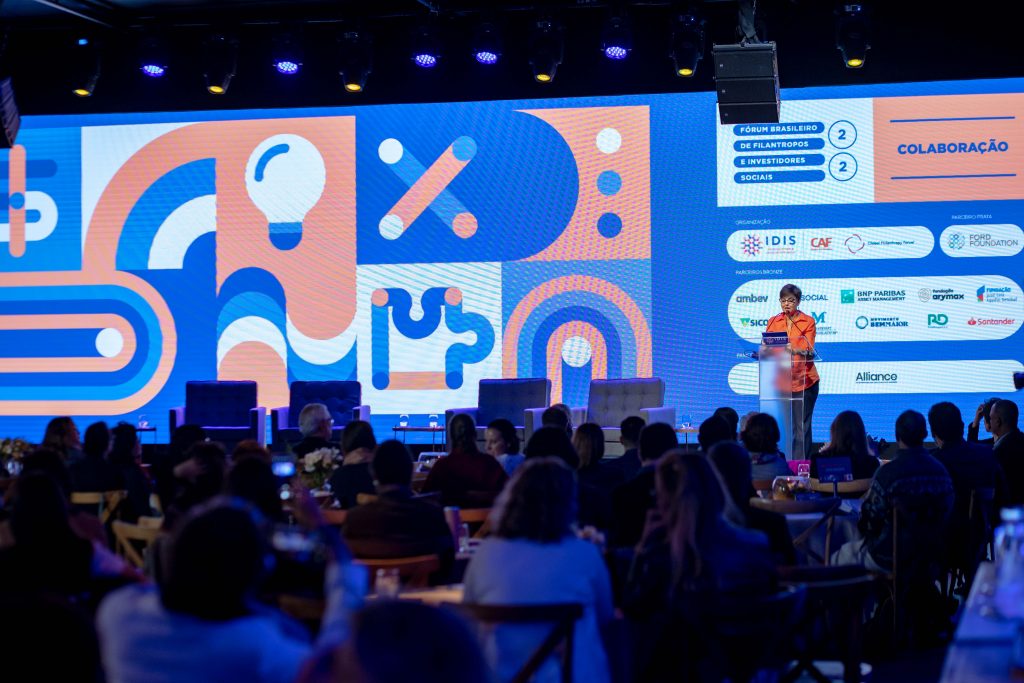
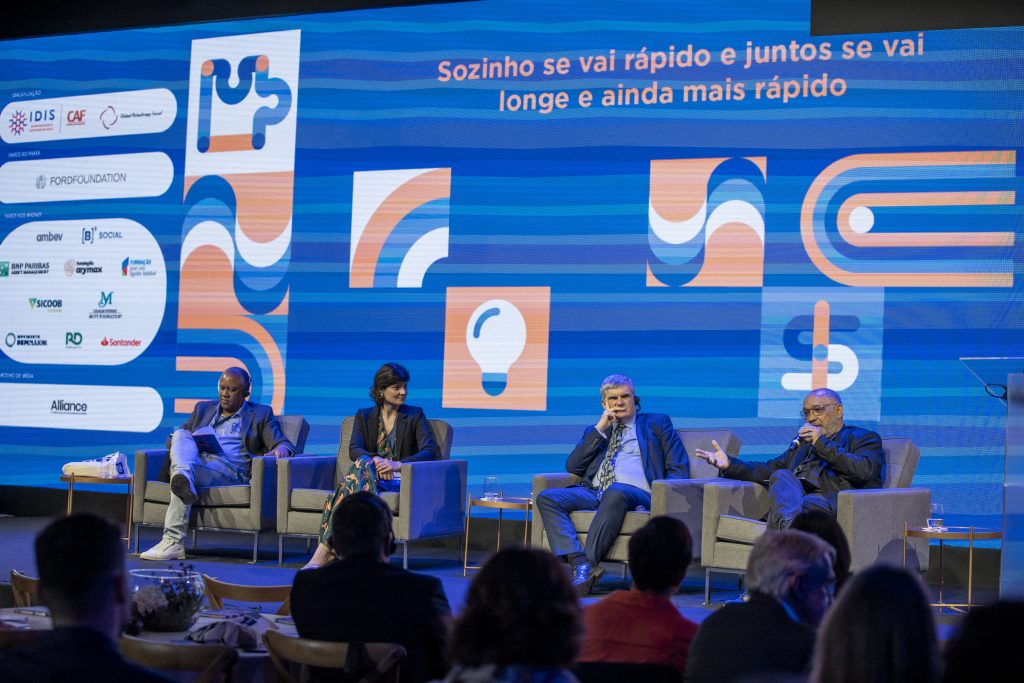
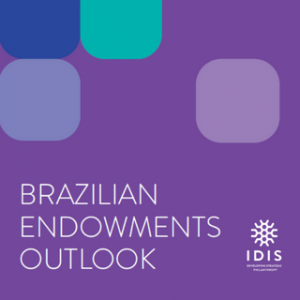
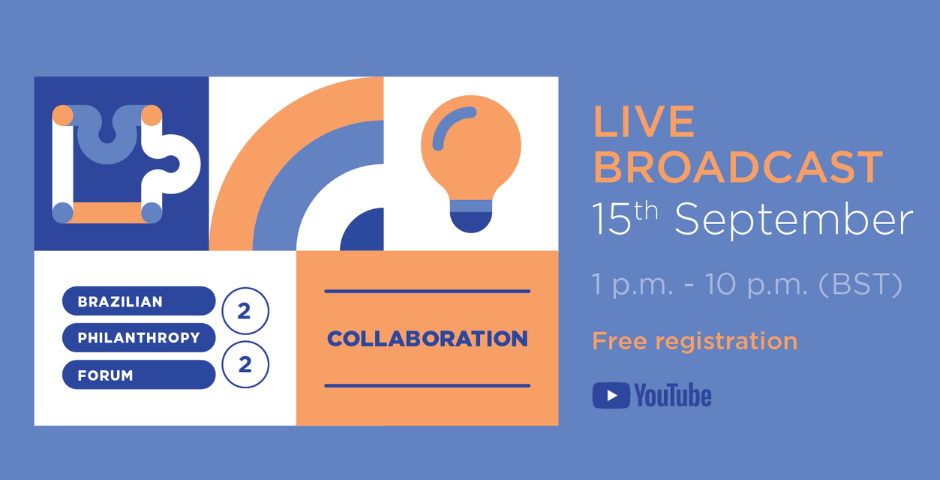

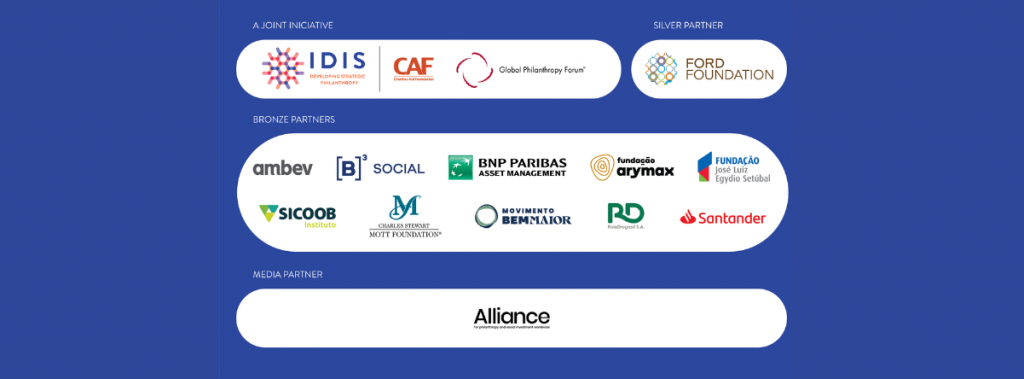
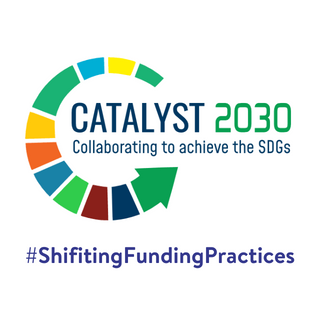 The action aims to gather 1,000 signatures worldwide, drawing attention to this important issue. As of May 25th, more than 500 organizations from 60 countries have signed the petition.
The action aims to gather 1,000 signatures worldwide, drawing attention to this important issue. As of May 25th, more than 500 organizations from 60 countries have signed the petition.
